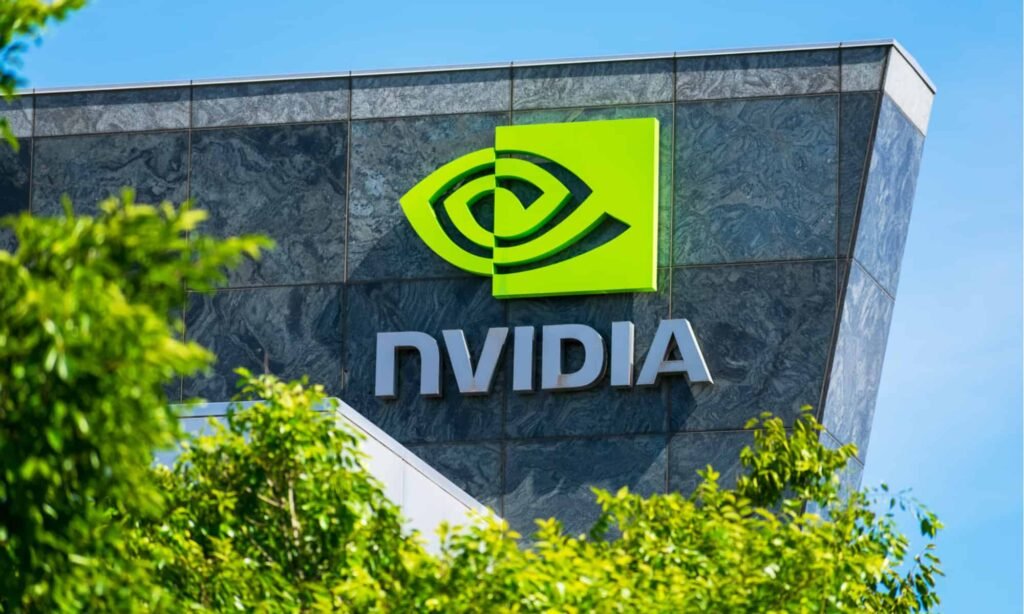According to Bloomberg News sources, the European Union is focusing on the artificial intelligence (AI) chip industry, with a special emphasis on Nvidia, a business that now dominates this sector.
According to reports, the European Commission has started an informal process to learn more about potential anticompetitive activities involving graphics processing units (GPUs) and to solicit feedback. These GPUs are essential to the gaming sector in addition to AI applications. The goal is to determine whether more regulatory action in this area is necessary.

It’s important to keep in mind, though, that this preliminary probe may not always result in a formal investigation or the application of sanctions. Nvidia, which currently holds an astounding 80% of the GPU market, has decided not to comment on the situation. Reuters’ requests for comments have not received any immediate reply from the European Commission, which has likewise maintained its silence.
The considerable role Nvidia plays in the AI chip industry is also of interest to French authorities. They are apparently looking into a number of things, including Nvidia’s pricing policies, the ongoing chip shortage, and potential market price impacts.
Nvidia was the target of a recent raid by France’s antitrust commission on a business engaged in the “graphics cards sector,” according to insider sources.
The amazing success of the generative AI chatbot, ChatGPT, which received worldwide exposure last year, increased Nvidia’s popularity in the AI processor industry. The company’s chips are now widely used in systems around the world that enable programs like ChatGPT. This fact emphasizes Nvidia’s status as the only semiconductor company in the world with a market cap of one trillion dollars.
The consequences for competition, pricing, and availability of these essential components remain hotly debated as the European Union and French authorities delve deeper into the complexity of the AI chip market. The findings of these investigations may redefine the market for AI chips, ensuring fair competition and accessibility for all participants in the sector.